Cyber incidents are growing and so are the rates and requirements of cyber insurance providers. Cyber liability insurance has become an integral part of our current business landscape, whether you need it to protect your business or comply with industry regulations.
Cyber insurance is part of a range of solutions available to organizations to help build their cyber resilience. Cyber insurance policies typically do not only provide liability coverage for legal costs and damages from claims alleging a privacy breach or network security failure. They also include the costs incurred to keep the business operational or return it to operation, as well as prevention support and incident response in the event of a cyber-related incident.
Getting the best coverage for your business doesn’t stop at finding a reputable and experienced insurance carrier; you have to play your part too. Preparing your environment before applying for cyber liability insurance can help you get better coverage and lower premiums. Below are the things you need to get ready before applying for cyber insurance:
General Business Information
This category includes detailed information about your organization. Insurers might ask about the size of your company, annual revenue, what industry you are serving, and your products and services. This information helps them shape the profile of your business. It allows them to understand the extent of your exposure to cyber threats and to better assess what solution to offer.
With this information, insurers can assess your potential exposure to claims and risks for first-party and third-party losses. While for your business, it can directly influence the amount you will be paying for coverage.
Information Security
The size and sensitivity of the data you keep are important indicators of how much risk will be involved in insuring your business. The more data you have and the more sensitive they are, the more attractive they are to cybercriminals.
With that in mind, insurers will often ask whether you have the capability to keep track of and identify all your sensitive data. They will also inquire how you manage, who gets critical access to networks and what policies you have in place to prevent data breaches.
Insurance carriers will also check if you are implementing measures like multi-factor authentication, email authentication measures, network partitioning and more.
How you manage and secure your data will inform the insurer of how you will fare in case of a cyber incident. It shows your potential risk for ransomware, data breaches, and first-party and third-party losses. The measures you’ve taken to secure your data will directly influence how much you will need to pay for a policy.
Cybersecurity
This category involves all of the cybersecurity measures you have in place. Insurers are looking for organizations that actively participate in reducing their risks for cyber-attacks. The more security measures you have in place, the better chances you have of getting coverage.
Security Awareness
Cybersecurity doesn’t stop with the software and systems you have in place. There is a human component that is equally vital in reducing your risk for cyber-attacks. This category is concerned with your organization’s ability to raise cybersecurity awareness and conduct training for your team.
It was found that human error was a major contributing cause in 95% of all breaches. That’s why insurers will want to check whether you conduct cybersecurity awareness programs and threat simulations regularly. If you do these things, it might indicate to an insurance provider that your organization has IT security embedded in your corporate culture.
IT Suppliers
Outsourcing IT and cybersecurity functions does not remove the responsibility of an organization for managing associated risks. That’s why this category looks at the quality and reputation of IT suppliers associated with your business.
Preparing info on your IT suppliers will help insurers gauge the potential risks and impact your business might incur in a cyber-attack. Insurers will want to know if your organization has mapped all outsourced cyber activities, with a list of the most relevant IT suppliers, as well as documentation about how outsourcing contracts are written and managed.
IT Update Management
Insurers may ask questions about how often you update your devices and if the process is automated. Insurers ask these questions to ensure that your organization keeps up to date and anticipates system end of life or maintenance. They will also check whether you have specific software that cannot be updated and if you have the corresponding controls to mitigate the vulnerabilities.
It might also be useful to specify if your organization’s update management process is centralized and automated or if it relies on your team voluntarily and independently maintaining their own systems.
Managing updates and obsolescence indicates how well your organization mitigates threats. Doing that will provides insurers with a better picture of your capacity to face cyber risks.
Take Action Now
It is always better to be prepared. Good preparation is the key to getting the protection your business needs from any cyber-attacks. Making sure that you show how well you can mitigate your risk exposure can help you get lower rates and better coverage.
For more information, contact or email ONYX Insurance Brokers. We can provide you with the best service that you need.




